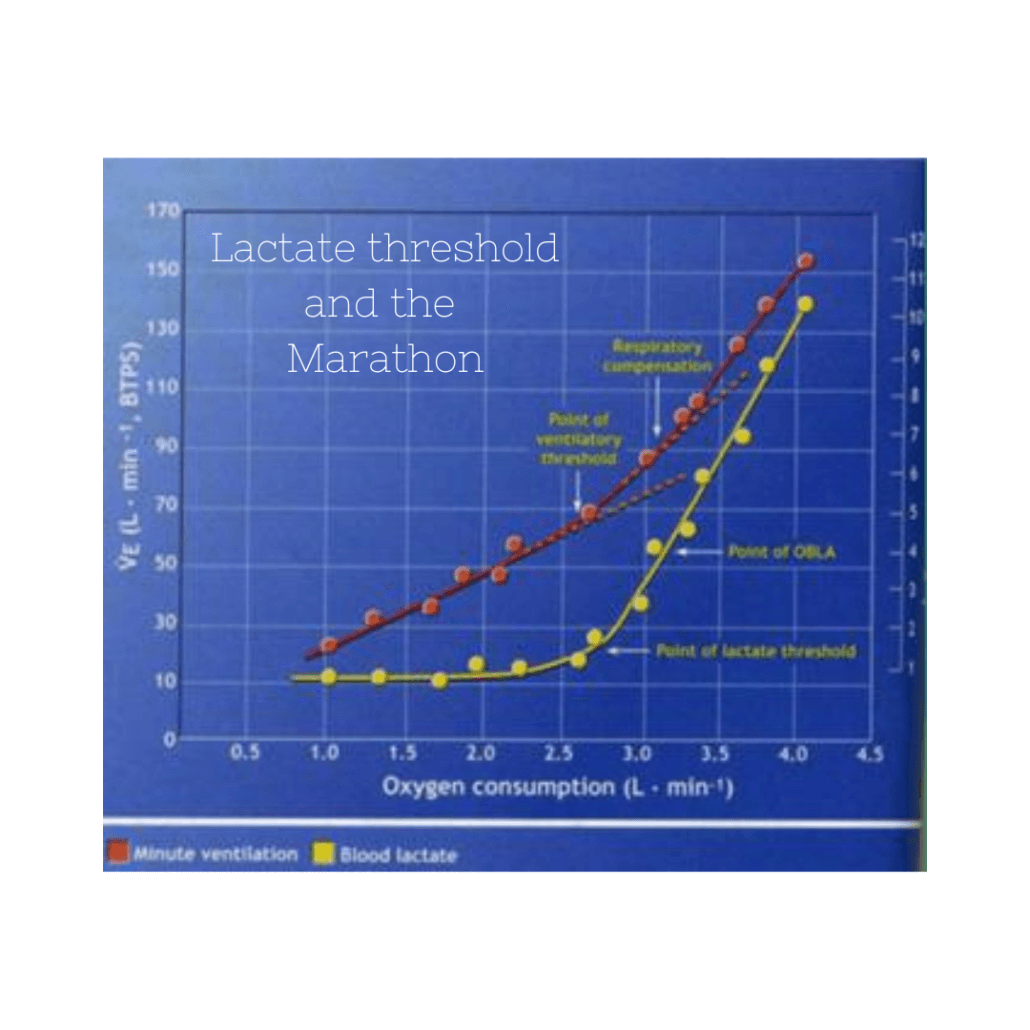Ketone Esters? Worth It?

Podcast: Play in new window | Download
So I got done a bit of a rabbit hole the other day. I follow the accounts of My Sport Science and the feed is great if you want to learn anything about nutrition and supplementation for endurance performance. Well, a new blog entitled, “Do ketone esters boost EPO?” And I thought, well wouldn’t that be nice? I knew a little bit about ketones, but more about ketones as a product of high-fat low-carb diets, and not supplementation. Ketone Esters, now that’s another story.
Ketones themselves are byproducts of fat metabolism and can be used as fuel, which is why they have gotten so much attention lately. In fact, ketones are known as the starvation fuel because they can fuel the brain in starvation conditions when carbohydrate is low. Glucose is what the brain would really like to be using. I don’t want to get into a nutrition debate on High Fat Low Carb diets, this is purely a performance post. With that said, the idea with performance was that ketones could be an alternate source of fuel for endurance performance.
It was thought that ketones could create a glycogen-sparing effect. If so, this would be ideal, because, as we know, carbohydrate ingestion has been shown to increase performance. The problem is, to achieve ketosis, you would have to eat a lot of fat and drastically reduce carbohydrate. And, instead of sparing glycogen, ketones had been shown to simply inhibit glycogen from being utlitzed. The result was the inability to achieve a high level of performance.
Here I would argue, as well, that if a person didn’t practice fueling and drastically decreased carbohydrate intake during training, it would be awfully hard to then give yourself a lot of carbohydrates on race day and not experience GI issues. So you are left in the same boat- not enough fuel to sustain the exercise at the desired pace.
So that, it would seem, would be the end of the ketones idea as a supplemental fuel. However, what if there were a way to take the ketones without hanging the carbohydrate intake in your diet? That’s where ketone esters are. Ketone esters are essentially ketone supplements that would help mimic the effects of ketosis. Now, unfortunately, the jury is still out with these for fuel. The results were what we already mentioned- nonproductive and performance-limiting. Now, to be fair, the studies I looked at were based on 30 and 60 minute time trials. But, extrapolating that out to a 3-4 hour marathon, a person still is running at a fairly high level and using a lot of carbohydrates. Where does that cross over? A multi day race? An Ironman? A bike tour? A 100-mile run? I honestly don’t know. Besides, it seems like it’s pretty bitter and when taken during exercise, GI issues seem to be fairly common.
So now ketone and esters are done, right? Well, not exactly. People on specific diabetic drugs have been shown to have increased ketone bodies. On top of that, they had increased red blood cell mass- hematocrit and hemoglobin. People on low carb diets also show these characteristics. Pretty interesting, huh? Not yet? Well, understand that the main hormone for increasing RBC production is called EPO. Now, if you went out and shot yourself up with the drug, that’s definitely illegal. However, that’s also why people go to altitude. Altitude training stimulates EPO naturally. So that became the question- will ketone esters promote EPO production? So, the study looked at 9 healthy males doing 1 hour of cycling intervals. This is the type of workout that would naturally stimulate EPO production, as well. Afterward, some drank a carb and protein recovery drink while others drank the same drink with ketone esters. What they found was the EPO levels were about 20% higher in the group that ingested the ketone esters in their recovery drink. Essentially it was the same as training at 2000m altitude. That could potentially be huge!
However, before we get too excited, there are some downsides. One, we don’t know how long this lasts. If it is a short term effect, how often do you have to replicate it? Do you have to do this every day? Could you do it after every hard workout? It naturally takes weeks to see changes in the blood. So, if you only do it here and there, would it be of any effect? Secondly, ketone esters are expensive. I looked at The Feed and 21 bottles cost several hundred dollars. This is key, because if you would ration them and it’s a daily supplement, then that’s a few bills wasted.
Overall, it’s interesting. If you are an aspiring runner but can’t move to altitude, maybe this is a bit of an equalizer for you. The study was trying to establish proof of concept before jumping into a long term study. It seems like that was established, so it would be interesting to see what they come up with in the future.





Interesting post! I have had similar questions about mito-pure, and it’s affects on mitochondria. Can this really be manipulated by a supplement? Also really expensive…